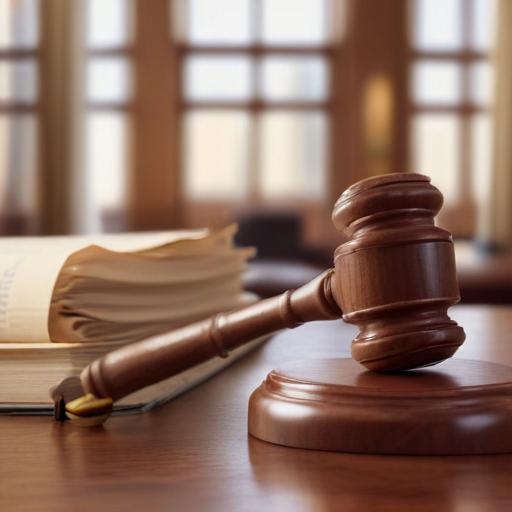Harvey Weinstein, the former movie mogul, has been found guilty by a Manhattan jury of one count of committing a criminal sexual act in the first degree. This verdict comes at the conclusion of a three-week trial that addressed allegations stemming from a previous conviction that was overturned on appeal in 2020.
The jury determined that Weinstein sexually assaulted Miriam Haley, while he was acquitted of a second charge involving Kaja Sokola. Additionally, the jury was unable to reach a unanimous verdict on a charge from Jessica Mann, who claims that Weinstein raped her, leading the judge to instruct them to continue deliberations.
This latest verdict adds to Weinstein’s troubled legal history; he has already been convicted on similar charges in two separate cases. The first conviction, which was thrown out on appeal, resulted in a 23-year prison sentence in New York. The second conviction occurred in California, amounting to a 16-year sentence.
The jury’s ability to reach a partial verdict came after a prolonged deliberation process that indicated tension among the jurors. Reports surfaced that the jury foreperson expressed concerns about the discussions, citing a hostile environment including threats that he felt were directed towards him. These issues led to a deeper scrutiny of the deliberation process and questions about jury dynamics.
This trial has been interpreted as a critical moment for the #MeToo movement, which has seen varying degrees of prominence in recent discussions around social justice and accountability. Weinstein’s defense has maintained that the encounters were consensual, arguing that his relationships with the accusers were mutually beneficial, providing them with opportunities in the film industry.
The case featured emotional testimonies from all three women involved, who detailed the coercive tactics Weinstein allegedly employed to manipulate them in exchange for professional advancement. Weinstein, who attended the trial in a wheelchair due to health issues, did not testify in his defense, asserting his innocence throughout these proceedings.
As the legal battles continue, this case serves as a reminder of the ongoing societal dialogue about consent, power dynamics, and the necessity for survivors to be believed. The legal journey for Weinstein is far from over, and the ongoing pursuit of justice highlights the resilience of the individuals who have come forward with their stories.
The discussions surrounding this trial may not only influence future cases but also reignite conversations about the treatment of women in the entertainment industry. The outcome, while a step towards accountability, reflects a larger societal shift as efforts to address abuses of power are increasingly in the spotlight.
